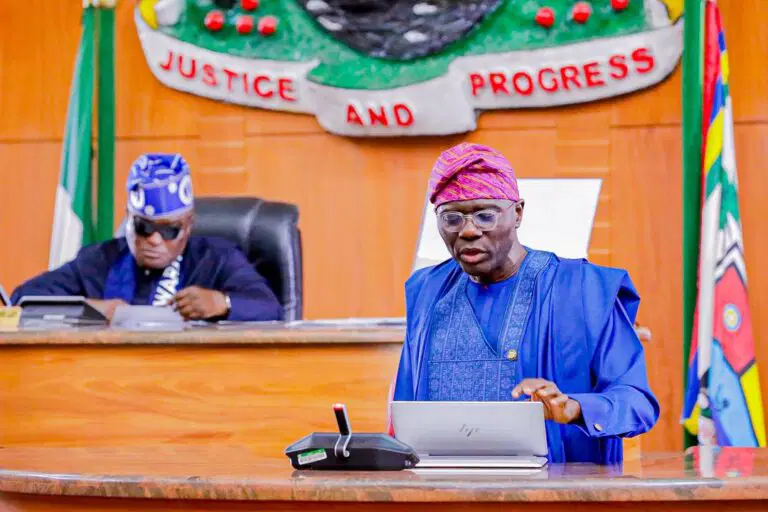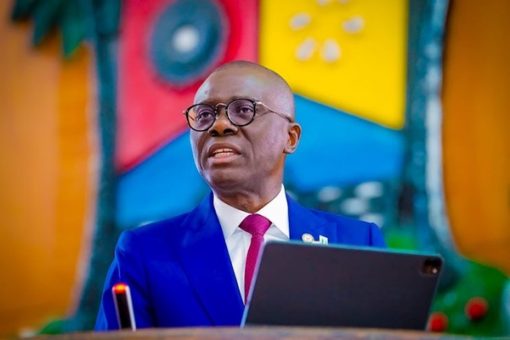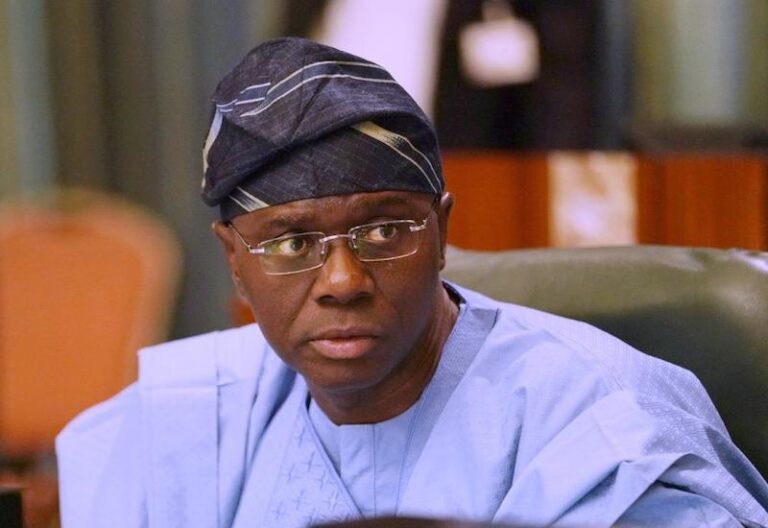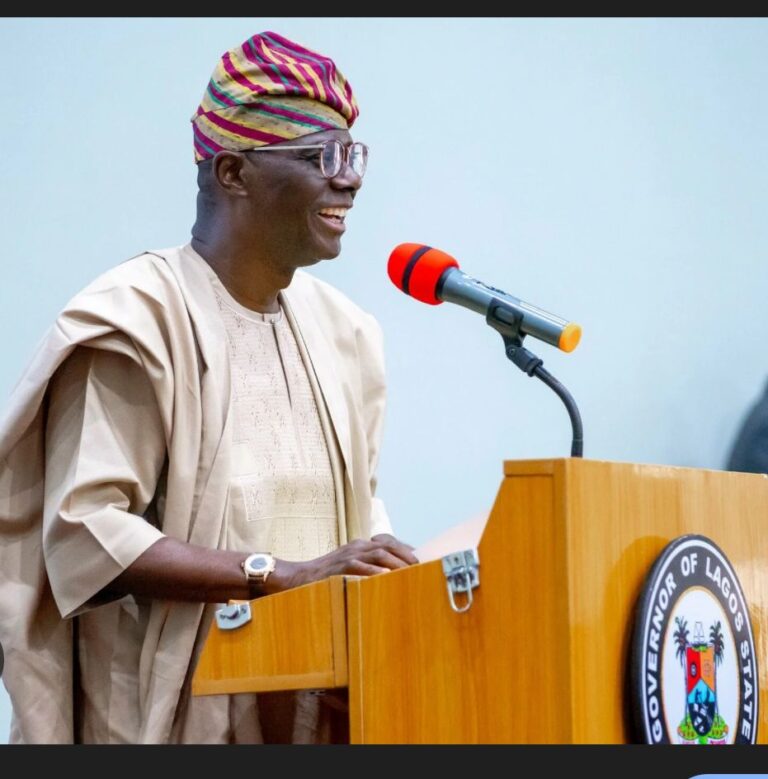Lagos Targets 240 Million Gallons Daily Water Supply with USAID Refurbishing Five Waterworks
The Lagos State Government is taking significant steps to address the daily water supply need of 240 million gallons, partnering with the United States Agency for International Development (USAID) to refurbish five mini and micro waterworks as part of this initiative.
This announcement was made by Commissioner for Environment and Water Resources, Tokunbo Wahab, during a recent Executive Couch interview with Nairametrics. He highlighted the state’s dedication to tackling its ongoing water crisis.
Wahab also mentioned that additional partners are collaborating to enhance other waterworks across the state.
“The total water requirement for Lagos is approximately 240–250 million gallons per day. What we have done differently is to focus on internal solutions,” he said.
The government has initiated the Lagos Urban Water Sanitation and Hygiene (LUWASH) policy, which has opened avenues for investors to enter this sector.
“USAID is refurbishing five mini and micro waterworks to enhance their functionality,” Wahab noted.
The Commissioner emphasized that USAID’s refurbishment efforts, along with contributions from other partners, are vital for meeting immediate water demands. These improvements will increase access to underserved areas and bolster existing infrastructure as a temporary solution until larger projects, such as the Adiyan 2 waterworks, come online to meet full demand.
Broader Water Supply Initiatives in Lagos
Wahab detailed the Lagos State Government’s approach to addressing water challenges through large-scale projects like Adiyan 2 and Iju waterworks.
With the groundwork for Adiyan 2 already completed, the next phase—reticulation and piping—will be executed over the next 24 months to ensure comprehensive water distribution across Lagos. This project is expected to provide up to 40 million gallons of water daily, significantly narrowing the gap between current supply and the required 240 million gallons.
The Iju waterworks are also critical to the state’s water strategy, with ongoing efforts to resolve power supply challenges and secure necessary rights of way from Ogun State.
Wahab emphasized that investments in these projects are meticulously planned to ensure optimal use of taxpayer funds. Although the Lagos Water Corporation has received allocations for chemicals and operational costs, he noted that these have fallen short of addressing broader infrastructural needs.
The government is now increasing financial support and collaborating with investors who are committed to sharing the responsibility of expanding and refurbishing the waterworks.
Wahab assured residents that, through strategic planning and partnerships, the state is poised to enhance water access. However, he clarified that while services will not be free, they may be subsidized to alleviate costs for residents.










